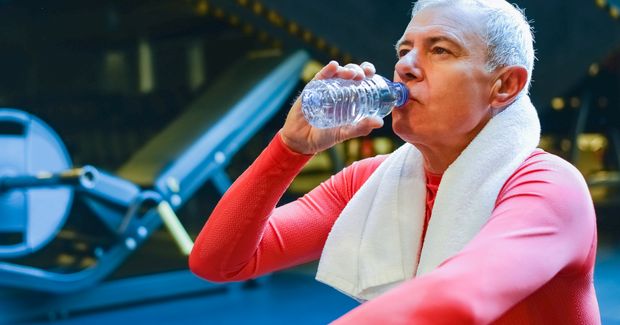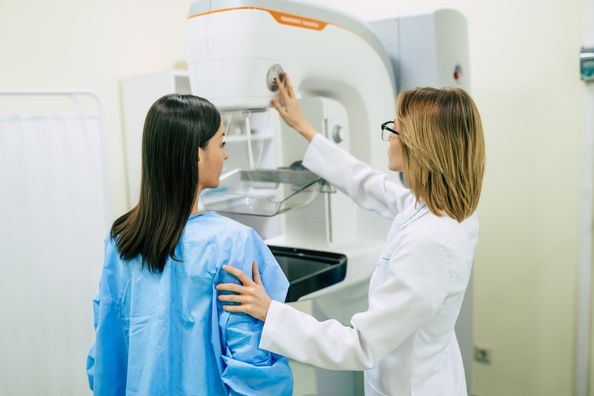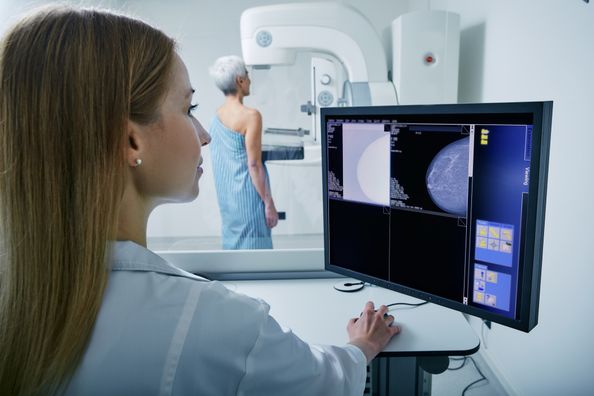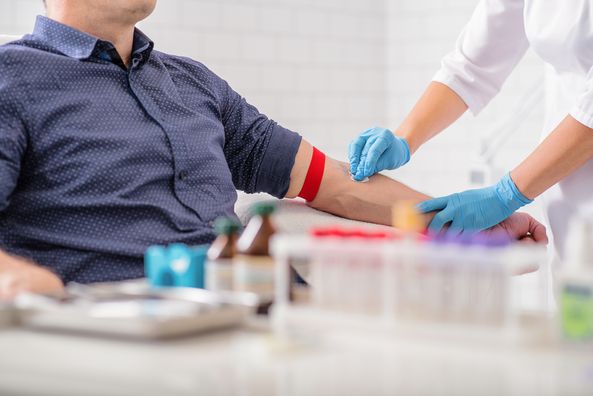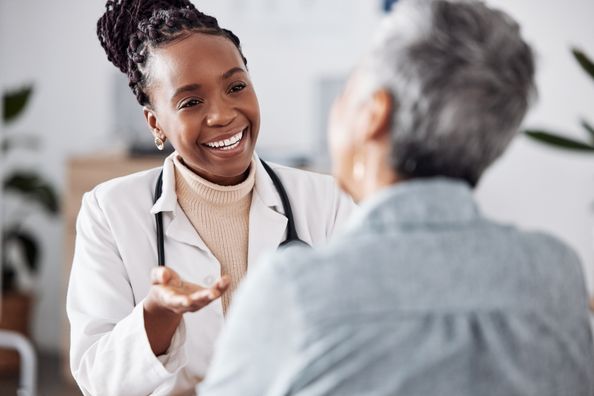Your liver supports many of your essential bodily functions, including producing both the essential proteins that help with blood clotting and the digestive enzymes that help your body absorb vitamins and minerals. Your liver also works to remove waste and other toxins from your body. Maintaining your liver function is important to your overall health and there are many ways you can keep your liver healthy, including simple diet and lifestyle modifications.
What causes liver disease and cirrhosis?
Liver damage can be caused by a variety of factors. In some cases, liver damage may be the result of an unhealthy lifestyle, including being overweight or obese, genetic factors, excessive alcohol consumption or exposure to certain viruses (hepatitis B or C) and environmental toxins.
Genetic and metabolic factors that can cause liver damage include bile acid diseases, autoimmune hepatitis (a condition where your immune system attacks your liver) or iron buildup in the liver. Accumulation of harmful substances, such as alcohol or fat, can also damage your liver.
Regardless of cause, liver damage often leads to scarring of the liver, a process called fibrosis. Overtime, if not addressed, fibrosis can turn into what is known as cirrhosis, or full scarring of the liver. Early detection and intervention before cirrhosis occurs is critical. When lifestyle modifications and other treatments are started early on, your liver has the ability to repair and regenerate itself, more so than any other organ in your body. If liver damage is not addressed and treated early (before cirrhosis develops), the damage to your liver is no longer reversible.
Common signs you may have liver damage or disease include:
- Yellowing of your eyes and skin (jaundice)
- Swelling in your abdomen, legs and/or ankles
- Behavioral changes including periods of mental confusion or feeling overly tired
- Lack of appetite
- Changes in the appearance of your stool (pale, bloody or tar-colored)
- Urine appearing darker than normal
- Vomiting blood
- Bruising more easily
What can you do to keep your liver healthy?
Maintain a healthy weight
Being overweight increases your risk of developing a condition called non-alcoholic fatty liver disease (NAFLD). NAFLD happens when higher-than-normal levels of fat build up in your liver and cause liver damage. You should maintain a weight that is within the normal range on the Body Mass Index (BMI) scale. BMI is a measure of your overall health that takes into consideration your height and weight. Your BMI is considered normal if it is between 18.5−24.9. There are several BMI calculators available online to help you determine your current BMI.
Make exercise part of your daily routine
Regular exercise stimulates your digestive system, signals your body to burn triglycerides to use as fuel, and lowers the amount of fat in your liver. You should aim for 30 minutes of physical activity each day.
Limit your alcohol intake
Excessive alcohol consumption is linked to a wide-variety of health problems, including liver damage and cancer. If you drink alcohol, your daily consumption should not exceed one drink per day for women and up to two drinks per day for men.
Practice caution around sharp objects
Hepatitis B and C are viruses that can cause liver disease. You can become infected with either virus if you’re exposed to contaminated blood or have unprotected sex with people who are infected. If you come into contact with someone else’s blood for any reason — if your skin is punctured by an unclean sharp object or needle or if you have unprotected sex –follow up with your primary care doctor right away.
As an added precaution, you should avoid sharing personal care items like razors or toothbrushes that may contain small amounts of blood or bodily fluids.
It is possible to transmit hepatitis B from mother to child during childbirth. If you are pregnant, your obstetrician will check you for hepatitis B and, if you test positive will refer you to a gastroenterologist to help you prevent transmission.
If hepatitis C is suspected, you should be tested right away. There are medications available that are very effective to cure hepatitis C.*
*Due to the high rate of hepatitis C among baby boomers (those born between 1945 – 1965), talk with your primary care doctor about being tested for hepatitis C if you fall within this category.
Use medications as directed
It is important to take medications as they are prescribed. Taking medications incorrectly, which may include overusing or mixing medicines, or drinking alcohol while on certain medications, can lead to liver damage. Additionally, you should always inform your doctor about all over-the-counter medications and supplements you take.
Avoid exposure to airborne toxins
Inhaling certain toxins can cause liver damage. You can minimize your exposure by wearing a mask when using aerosol cleaning supplies, insecticides or other chemicals. Cigarette smoke is also harmful to your liver and should be avoided.
Your liver plays a vital role in your overall health, so it is important to be aware of the signs of liver damage. If you suspect you may have liver disease, you should talk to your primary care provider to address any concerns right away.
Your provider may refer you to a gastroenterologist, a specialist in liver disease, to determine what other treatment options may be appropriate for you. Taking prompt action to maintain your liver function can help reduce your risk of more serious, irreversible liver disease and cancer.
Learn more about our team of board-certified gastroenterologists, or to make an appointment, 630−717−2600.
Health Topics:


